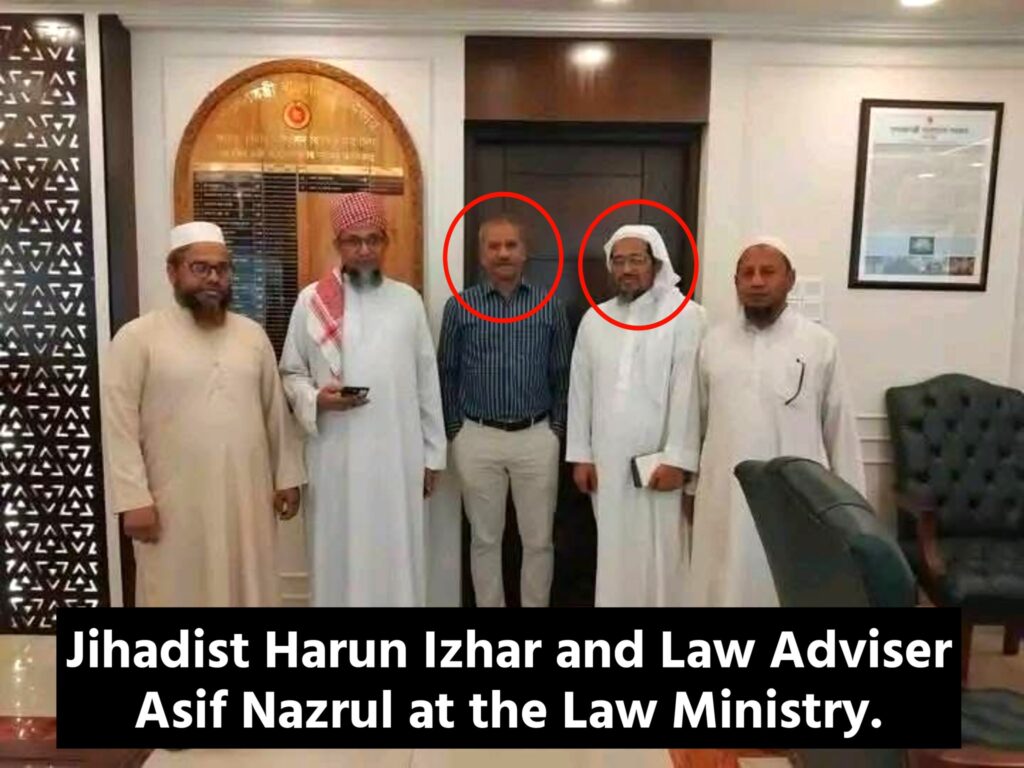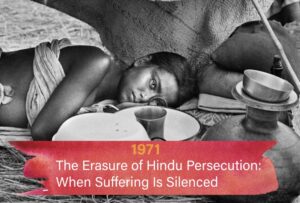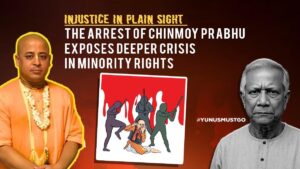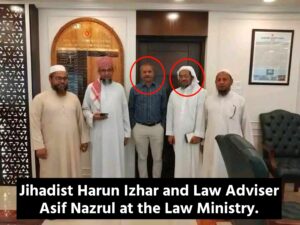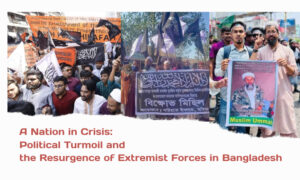For the militant attack in Kashmir on 22nd April, a sister concern of Lashkar-e-Taiba, TRF, had claimed responsibility. After Muslim militants brutally killed Hindu men in a targeted manner, Bangladesh’s legal adviser Dr. Asif Nazrul initially blamed the Modi government for the incident and shared a post to that effect on his verified Facebook page. Facing intense criticism, the legal adviser removed that post, but he neither expressed regret nor explained why he thought that way or provided any evidence that the Modi government was involved.
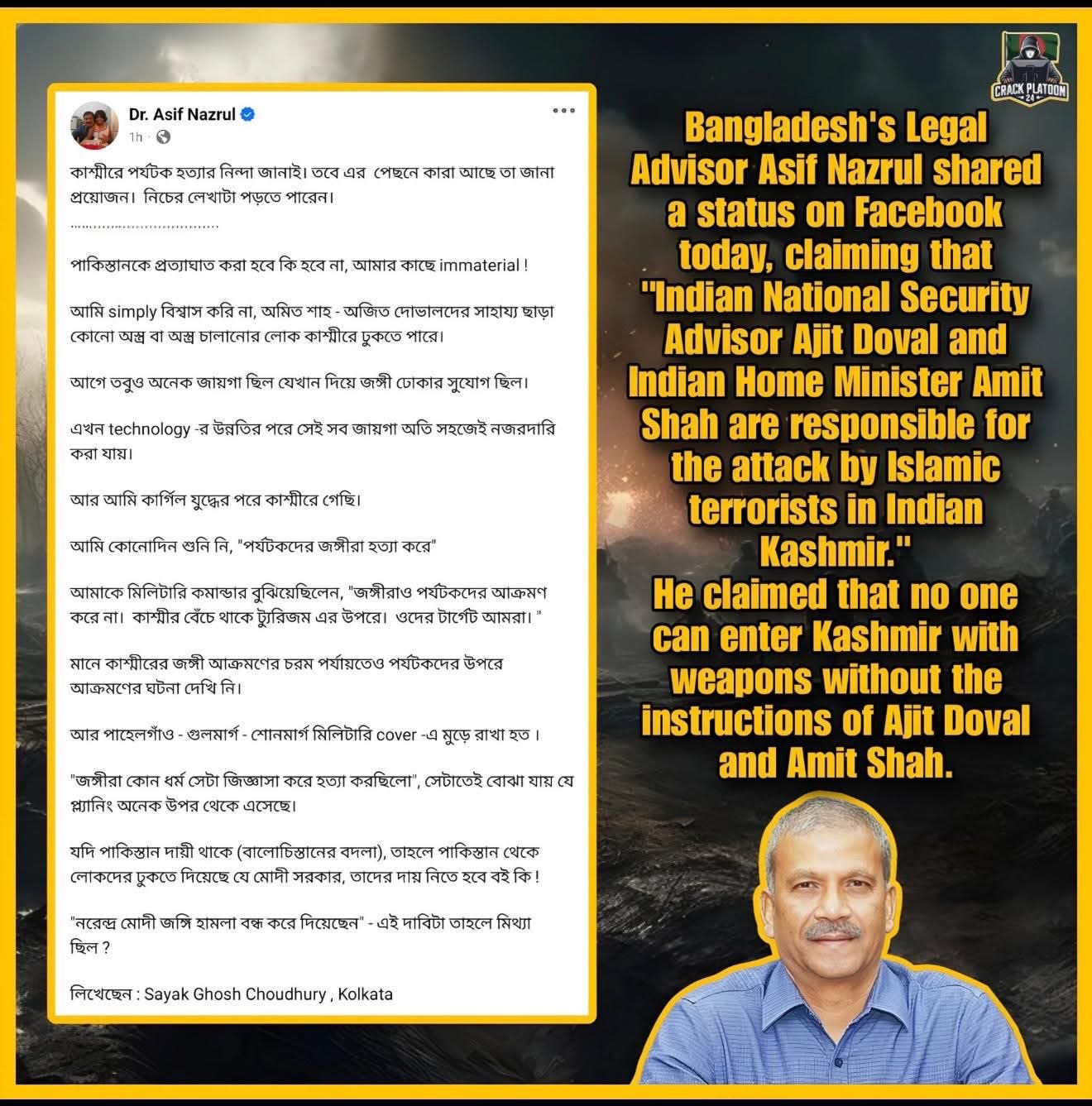
No sooner had he taken down the post than it was reported that legal adviser Asif Nazrul met with several Islamic fundamentalist organization Hefazat leaders under the leadership of Harun Izhar. Harun Izhar is known to have or had connections with Lashkar-e-Taiba and was even arrested for militant connections. Right after the Kashmir attack, the legal adviser met with someone connected to the group that claimed responsibility for the attack. This news was reported by several Indian media outlets, including “The CR Journal.” Indian media often try to connect the dots if given a chance, and Professor Nazrul’s actions provided that opportunity.
Even two days after these events, neither Professor Nazrul nor the Bangladesh government clarified whether what he said or did represented the government’s official position. Since he is a government minister, his public statements and actions are likely to be seen as representing the government unless there is a clear statement from the authorities. The sooner this statement comes, the better it will be for Bangladesh-India relations.
After the attack by Pakistani Muslim militant organizations in Pahalgam, world leaders have strongly condemned the incident as a heinous act of terrorism. Even the Pakistani government has acknowledged it as terrorism. All political parties in India have supported Prime Minister Narendra Modi. At such a time, the chief adviser of Bangladesh sent a perfunctory four-line condolence message on Twitter.
It is hoped that legal adviser Asif Nazrul did not make this mistake intentionally. However, when considering the complex dynamics of Bangladesh-India-Pakistan-China relations, the outcome can be interpreted differently. From that perspective, the statement of legal adviser Professor Nazrul and his meeting and photo with militant Harun Izhar can be seen as a deliberate attempt to provoke India. Now, after Professor Nazrul’s actions, if India were to take military action against Bangladesh under the pretext of “destroying militant hideouts,” would Bangladesh be able to withstand that pressure? Internationally, no country may have the opportunity to pressure India. Bangladesh might also struggle to claim, “They attacked without any provocation!” Even if they do, India could counter that “the Bangladesh government has sheltered and supported militant Lashkar-e-Taiba.”
What does Bangladesh actually want? For India to attack Bangladesh? It is important to understand what benefit Bangladesh would gain from such a scenario.

